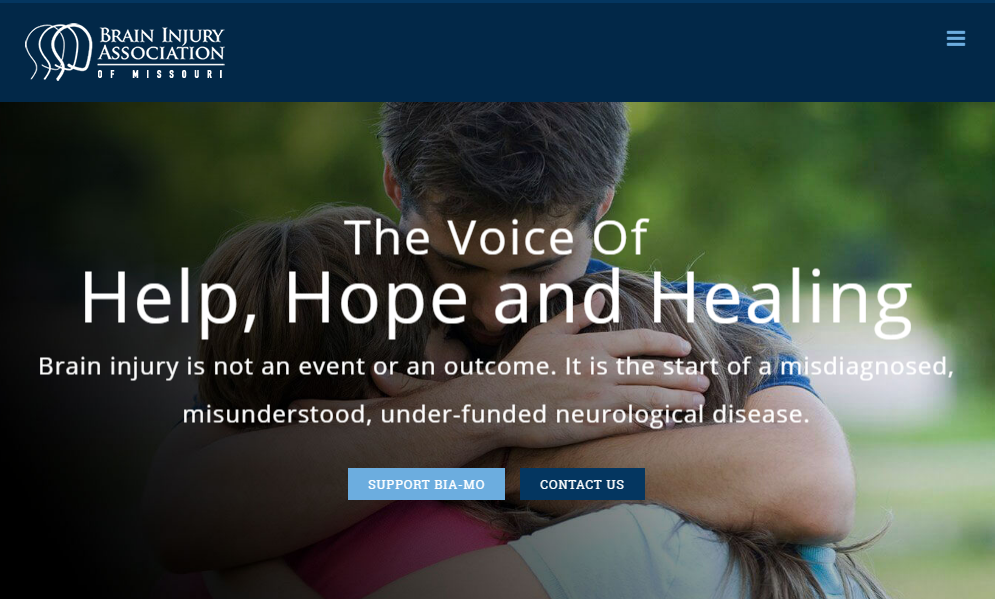Remembering a Friend During Brain Tumor Awareness Month
I remember a guy I worked with in the Air Force.
He was a stand-out star on a staff of creative types. Talented, personable and in his mid-40s, he was a movie-star handsome guy who routinely landed walk-on parts in Hollywood and television movies. Happily married and a father of twins, he had it made.
Then his life began to fall apart. It started with a few complaints about bad headaches, which later mushroomed into full blown migraines. Normally a quiet, cordial guy who got along with everyone, his interactions changed. He became quarrelsome, and spontaneous, unexplainable arguments would erupt.
I retired from the Air Force about this time to join Allsup, but I stayed in contact with my former co-workers. I learned that his inexplicable behavior continued to worsen. He frequently started arguments with co-workers and the migraines caused him to start missing work. He began to have family problems. This just wasn’t the friend we all knew and respected. I had my suspicions, so I wasn’t surprised when I learned that he was suffering from a brain tumor. He died not long after the diagnosis.
I was reminded of his story when I learned that May is Brain Tumor Awareness Month. The National Brain Tumor Society (NBTS) says that about 700,000 people in the U.S. and millions worldwide are living with a brain tumor or a central nervous system tumor. With a survival rate of only 35 percent, the NBTS hopes that raising awareness of brain tumors will lead to more research and more funds to continue the fight for new treatments.
According to WebMD, common symptoms of a brain tumor include:
- Headaches that are worse in the morning and ease during the day
- Seizures or convulsions
- Nausea or vomiting
- Weakness or loss of feeling in the arms or legs
- Stumbling or lack of coordination in walking
- Abnormal eye movements or changes in vision
- Drowsiness
- Changes in personality or memory
- Changes in speech
Many individuals with brain tumors are not able to work during medical treatment, and they may be eligible for Social Security Disability Insurance (SSDI).
When evaluating claims related to brain tumors, Social Security looks at benign and malignant tumors differently.
Depending on the size and location, benign brain tumors can affect people differently. The Social Security Administration (SSA) evaluates them under listings of epilepsy, stroke, or other affected body systems. Malignant brain tumors are evaluated under cancer. More serious brain tumors may qualify an individual for expedited processing under SSA’s Compassionate Allowances (CAL) program.
Allsup can help individuals determine their likelihood of being eligible for SSDI benefits and the CAL program.
Click here to learn how empower by Allsup® makes it easier to apply for SSDI.
Editor’s note: The NBTS will host a Tweetchat on May 18, #BTeAM, to discuss the resources, support, information and tools available to brain tumor patients.
Dan Allsup
Related Articles

Uncategorized
Helping Family Caregivers With What They Need to Know

Uncategorized
Understanding MS and Disability Benefits

Uncategorized
BIA-MO Gets Real about Brain Injury Awareness

